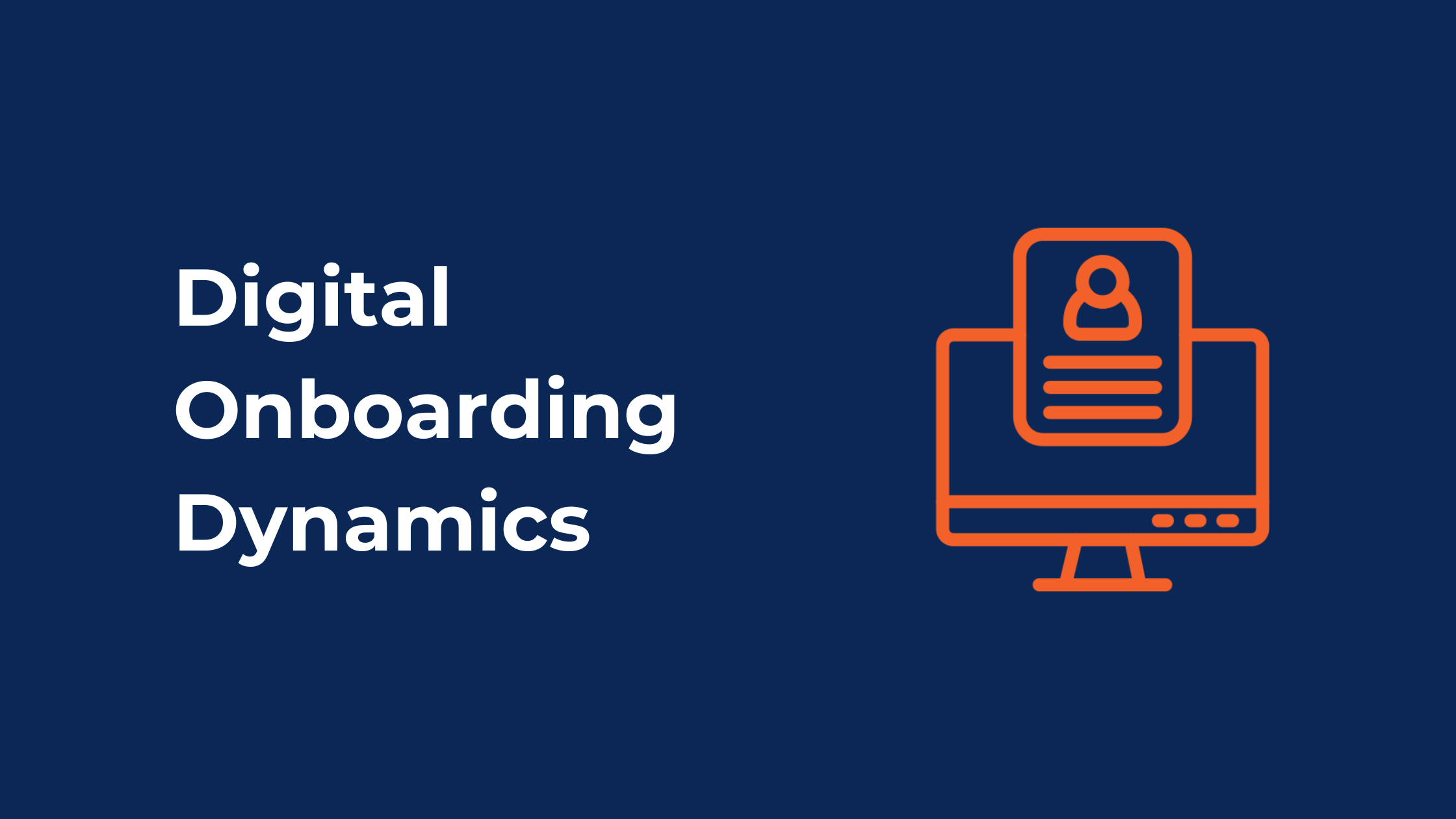In today’s fast and rapidly evolving digital landscape, the significance of effective digital onboarding cannot be overstated. The advent of digital onboarding, driven by technological innovations, has revolutionised this process, offering enhanced customer experiences and streamlined business operations.
Understanding Digital Onboarding and Technological Innovations Driving Digital Onboarding
Digital onboarding refers to the process of enrolling new customers or clients through digital tools and technologies. Unlike traditional methods, which rely heavily on physical documents and in-person interactions, digital onboarding facilitates the collection of necessary information and the verification of identities remotely. Key components of this process include a digital identity verification service, electronic document submission and the utilisation of e-signatures. These elements work synergistically to create a faster, more convenient onboarding experience.
Artificial Intelligence (AI) and Machine Learning (ML) have transformed the way businesses personalise onboarding experiences. AI can analyse large datasets to understand customer preferences and behaviours, allowing for the creation of tailored onboarding journeys. For example, an AI-powered system can anticipate the information a customer needs, proactively presenting it to reduce friction and enhance satisfaction. AI and ML ensure all transactions are traceable, which is particularly important for regulatory compliance and implementing an AML risk management solution.
Biometric authentication is another innovation that has significantly improved digital onboarding. Techniques such as fingerprint scanning and facial recognition provide a quick and secure way to verify customer identities. These technologies enhance security and improve the user experience by eliminating the need for traditional passwords or security questions.
Enhancing Customer Experience Through Digital Onboarding
One of the most notable benefits of digital onboarding is its improvement in customer experience. By offering a fast, convenient and user-friendly onboarding process, businesses can significantly increase customer satisfaction. Digital onboarding allows for ‘personalisation’, enabling institutions to customise the process to meet the specific needs of each customer. This level of personalisation fosters a sense of connection and loyalty, which is crucial for customer retention in a competitive market. Customers can complete the onboarding process from anywhere, at any time, without needing to visit a physical location. The 24/7 accessibility is especially valuable in today’s fast-paced world, where customers expect quick and efficient service.
Implementing a digital identity verification service as part of the onboarding process ensures that businesses can meet regulatory requirements while offering a seamless experience. This is essential for effective ‘customer due diligence’, ensuring that businesses not only understand their customers but also comply with legal and regulatory standards.
Streamlining Internal Processes with Digital Onboarding
Digital onboarding streamlines data collection and management, ensuring customer information is captured accurately and stored securely. This improves efficiency and reduces operational costs by minimising the need for manual processing. Automated processes ensure that all necessary checks and verifications are completed correctly, reducing the risk of non-compliance and associated penalties. Digital solutions are easily scalable and adaptable, allowing businesses to adjust their onboarding processes as they grow and evolve.
As digital transformation continues to reshape the business landscape, digital onboarding will play an increasingly key role in enhancing customer experience and streamlining operations. By embracing technological innovations such as AI, blockchain and biometric authentication and integrating essential compliance solutions like an ‘AML risk management solution’, businesses can create a more efficient, secure and customer-centric onboarding process. The future of onboarding is undoubtedly digital and businesses that adopt these advancements will be well-positioned to thrive in the competitive market.
